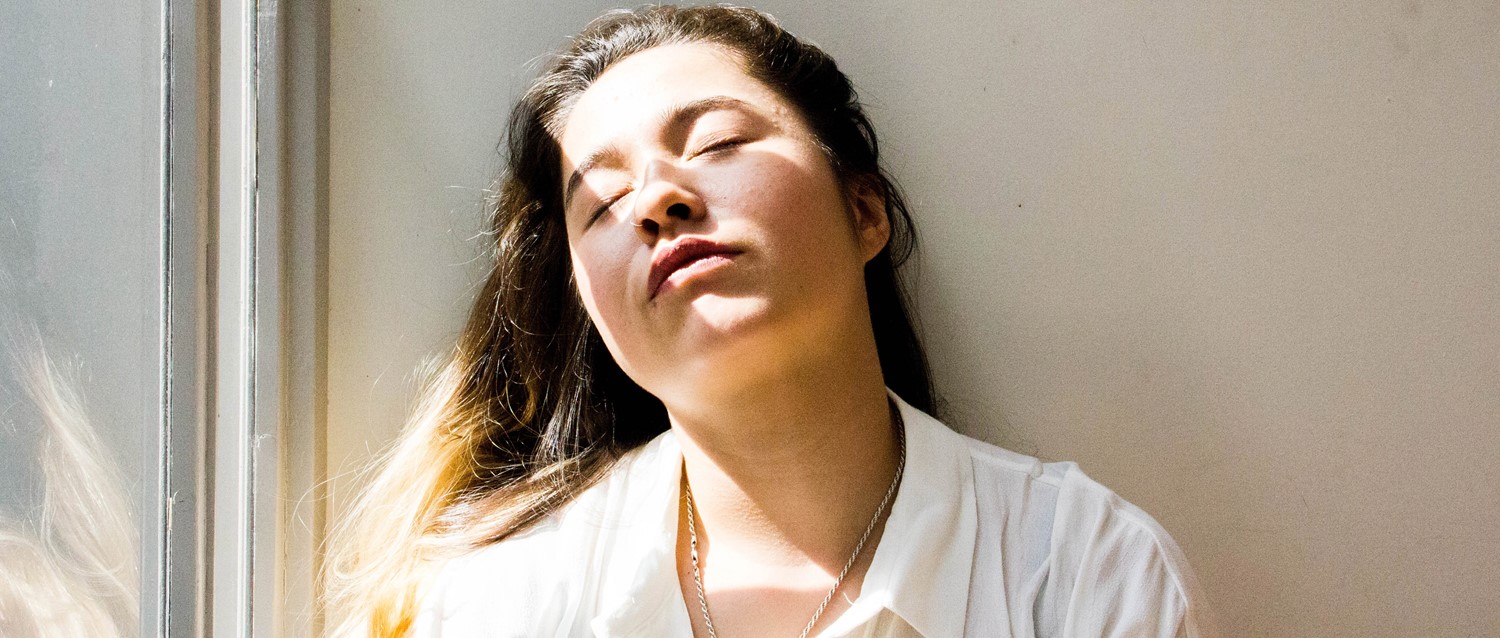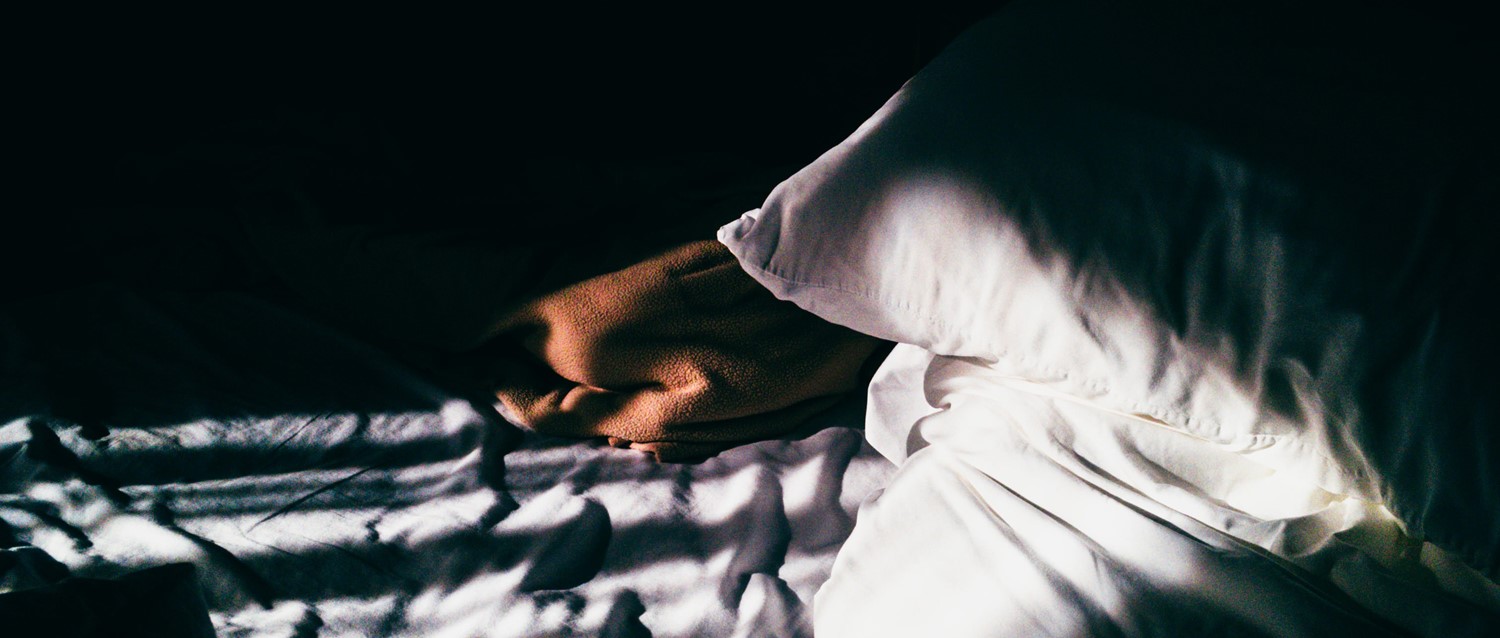
What it could mean if you're constantly tired
Peer reviewed by Dr Colin Tidy, MRCGPLast updated by Dr Sarah Jarvis MBE, FRCGPLast updated 1 Jul 2019
Meets Patient’s editorial guidelines
- DownloadDownload
- Share
- Language
- Discussion
- Audio Version
We all feel exhausted sometimes, but most of us will bounce back after a good night's sleep or two. But for many people, tiredness doesn't go away.
In this article:
Video picks for Tiredness and fatigue
Tired All The Time (TATT) is one of the most common medical complaints I see, and a little detective work is often needed to work out the cause. Tiredness is a symptom, not a condition in itself - but fortunately, many of the causes of tiredness can be treated successfully.
It's always worth seeing your doctor if you feel persistently tired for more than a few weeks - or sooner if you have other symptoms as well. At your appointment, expect to be asked how long you've had symptoms; how your mood and sleep are; whether you've had other symptoms such as losing weight, change in bowel habit, pain; how heavy and long your periods are (if you have them); if anything happened around the time you became tired (major stress, another illness etc); and how the tiredness is affecting your life.
Continue reading below
What causes TATT?
Physical causes your GP will want to rule out include:
Underactive thyroid
Your thyroid gland produces a hormone, thyroxine, that tells your body how fast to tick over. If you don't produce enough, everything slows down. Along with tiredness, signs of underactive thyroid are that you may be constipated and cold all the time; find it hard to concentrate; put on weight without eating more and have dry skin and hair.
Anaemia
Without enough red blood cells to carry vital oxygen to your organs, you can feel breathless and dizzy as well as tired. Iron deficiency from heavy periods is a common cause before the menopause. But poor diet and other conditions such as chronic kidney problems, rheumatoid arthritis or, rarely, blood cancer can also cause anaemia. Gut conditions like coeliac or Crohn's disease (which stop you absorbing vitamins) or internal bleeding can also result in anaemia.
Diabetes
Type 1 diabetes tends to cause dramatic symptoms including severe tiredness, thirst, passing water more often and weight loss. The more common type of diabetes, type 2, often causes similar but initially less severe symptoms, which you may put down to being stressed or doing too much. Being overweight and having type 2 diabetes in the family increase your risk.
Heart failure
If your heart can't pump fluid around the body efficiently enough, you can develop ankle swelling, shortness of breath (especially on exercise or lying flat) and tiredness.
Poor sleep
Whether it's stress, depression or bladder problems which wake you frequently, lack of sleep can have a knock-on effect on energy levels as well as concentration and mood. In obstructive sleep apnoea, your airways close up for a few seconds while you're sleeping. Loud snoring, periods where you stop breathing followed by jerking awake are clues, You may not remember them, but they make your sleep less restful and can lead to chronic tiredness.
Chronic fatigue syndrome, or ME
ME, or chronic fatigue, is a really debilitating, severe cause of absolute exhaustion. It may follow on from a viral infection (as glandular fever, another cause of tiredness, does). Classically the tiredness isn't made better with rest and gets much worse if you overdo things.
Medication
Many drugs can affect your sleep: some antidepressants, beta-blockers (for heart problems) and strong painkillers are among the most common culprits. Read the patient information leaflet or speak with your pharmacist if you think they might be to blame.
How to boost your energy
Back to contentsBut while your GP will probably arrange blood tests, in most cases no physical cause is found for tiredness. Instead, it's often your body's way of making you slow down. One of the most common symptoms of depression (along with low mood, tearfulness, poor concentration, feeling guilty and changes to your sleep and appetite) is tiredness.
Stress and anxiety can affect your sleep quantity and quality (if you're tossing and turning, your sleep will be less restful). And being on edge and anxious all the time keeps your adrenaline levels high, which is exhausting.
Because tiredness isn't a medical condition in itself, treatment will depend on the underlying cause. But looking after yourself is always going to help. Keeping alcohol intake down, eating healthily and keeping stress to a minimum will all help. It may seem strange, but regular exercise is a remarkably effective way to reduce tiredness from a variety of causes. If you struggle with insomnia, having a regular routine (including getting up at the same time and not catnapping) can help.
Thanks to My Weekly where this piece was originally published
Patient picks for Tiredness and fatigue

Signs and symptoms
Reasons you feel tired all the time
As health problems go, it's one of the most common out there, and one of the hardest to pin down. Feeling tired all the time - which often goes by the acronym TATT - might simply indicate that you're not getting enough shut-eye. Depending on your particular circumstances, this problem should be easy enough to fix. But if you're feeling truly exhausted, and can't pin it on any obvious cause, the situation might require a bit more attention.
by Amberley Davis

Signs and symptoms
The latest thinking on chronic fatigue syndrome
For decades, ME has been the subject of controversy among doctors, patients and the public. Conflicting views on the cause and treatment of this debilitating illness have been rife, with patients caught in the crossfire. Sally Turner, who spent years housebound with ME, uncovers the latest thinking on the illness.
by Sally Turner
Continue reading below
Article history
The information on this page is peer reviewed by qualified clinicians.
1 Jul 2019 | Latest version

Ask, share, connect.
Browse discussions, ask questions, and share experiences across hundreds of health topics.

Feeling unwell?
Assess your symptoms online for free
Sign up to the Patient newsletter
Your weekly dose of clear, trustworthy health advice - written to help you feel informed, confident and in control.
By subscribing you accept our Privacy Policy. You can unsubscribe at any time. We never sell your data.